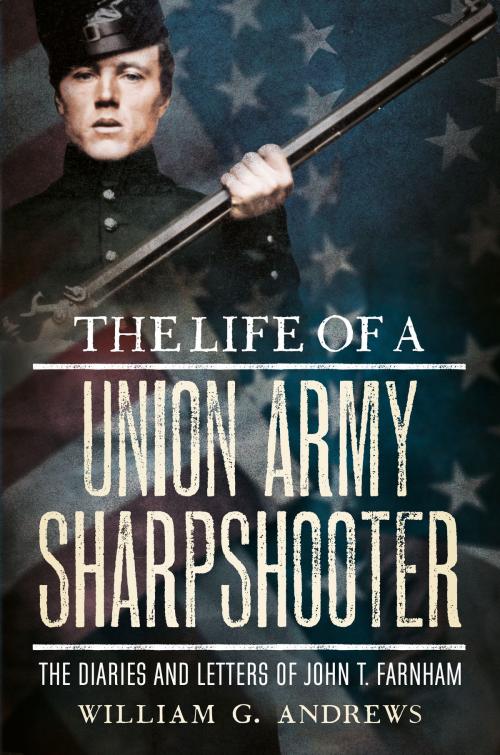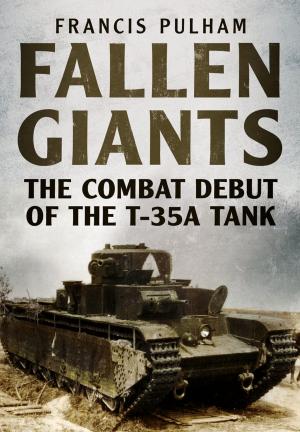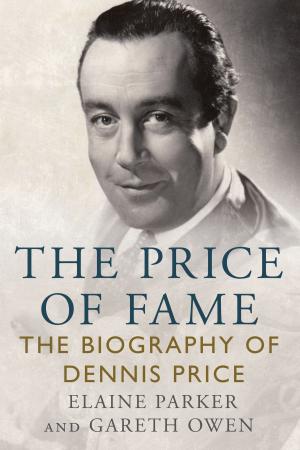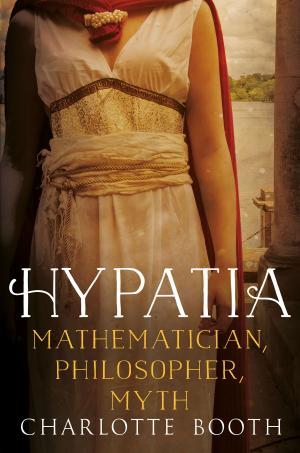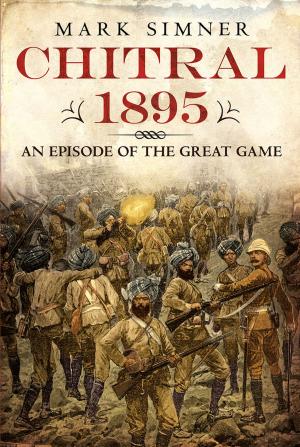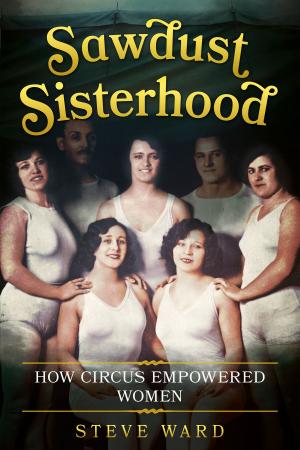The Life of a Union Army Sharpshooter: The Diaries and Letters of John T. Farnham
Nonfiction, History, Americas, North America, United States, State & Local, Civil War Period (1850-1877)| Author: | William G. Andrews | ISBN: | 1230001343120 |
| Publisher: | Fonthill Media | Publication: | September 11, 2016 |
| Imprint: | Language: | English |
| Author: | William G. Andrews |
| ISBN: | 1230001343120 |
| Publisher: | Fonthill Media |
| Publication: | September 11, 2016 |
| Imprint: | |
| Language: | English |
John T. Farnham, a sharpshooter in the Union Army, wrote a substantial diary entry nearly every day during his three-year enlistment, sent over 50 long articles to his hometown newspaper, and mailed some 600 letters home. He described training, battles, skirmishes, encampments, furloughs, marches, hospital life, and clerkships at the Iron Brigade headquarters and the War Department. He met Lincoln and acquired a blood-stained cuff taken from his assassinated body. He befriended freed slaves, teaching them to read and write and built them a school. He campaigned for Lincoln's re-election. He subscribed to three newspapers and several magazines and devoured 22 books. He attended 23 plays and six concerts during his service. He was gregarious and popular, naming in his diaries 108 friends in the service and 156 at home. Frail and sickly, he died of tuberculosis four years after his discharge. He paints a detailed portrait of the lives of ordinary soldiers in the Union Army, their food, living conditions, relations among officers and men, ordeals, triumphs, and tragedies.
John T. Farnham, a sharpshooter in the Union Army, wrote a substantial diary entry nearly every day during his three-year enlistment, sent over 50 long articles to his hometown newspaper, and mailed some 600 letters home. He described training, battles, skirmishes, encampments, furloughs, marches, hospital life, and clerkships at the Iron Brigade headquarters and the War Department. He met Lincoln and acquired a blood-stained cuff taken from his assassinated body. He befriended freed slaves, teaching them to read and write and built them a school. He campaigned for Lincoln's re-election. He subscribed to three newspapers and several magazines and devoured 22 books. He attended 23 plays and six concerts during his service. He was gregarious and popular, naming in his diaries 108 friends in the service and 156 at home. Frail and sickly, he died of tuberculosis four years after his discharge. He paints a detailed portrait of the lives of ordinary soldiers in the Union Army, their food, living conditions, relations among officers and men, ordeals, triumphs, and tragedies.
